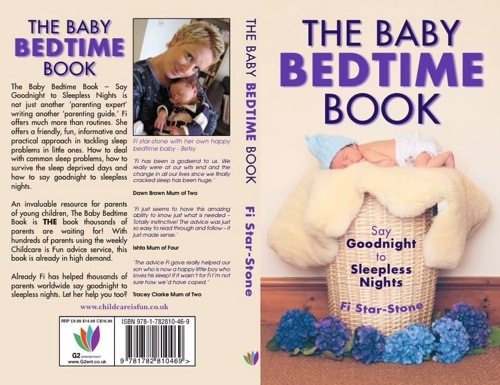Most babies get their first baby tooth (milk tooth) at around six months, usually in the front and at the bottom.
However, all babies are different – mine have got their little teeth in topsy-turvy orders and not until they were past 11 months! (Betsy cut her first 9 in one go!)
Some babies are even born with a tooth already, and others have no teeth when they’re over 1 year old!
As a guideline most babies will have all their milk teeth by about 2 1/2 years old.
How many teeth?
There are 20 primary teeth: 10 in the top row and 10 at the bottom. The first permanent ‘second’ teeth grow at the back at around the age of 5/6 years old after the milk teeth ‘fall’ out (the gappy years make for such fab photos!)
Teething symptoms
- Red cheeks
- Runny nappies
- Sore bottom
- Dribbling
- Everything goes into little-ones’ mouth (chewing lots)
- Temperature
- Disturbed sleep
Top teething tips
The majority of babies suffer with teething – usually during the night when the pain easily distracts them from sleep.
Some babies don’t suffer at all – but I’ve yet to meet a parent who’s little one didn’t suffer cutting at least one of their teeth. I had two teething at once – which at times was really difficult, especially during the night.
Exhausting days after sleepless nights are no fun, so I’d always try and have a power nap and make up one of my fabulous Bad night boosters to help ease the zombie feelings!
Treatment
Don’t panic- teething pain is normal and there are lots of remedies available and things you can do to comfort your little one through the teething times!
- During the day give your baby something hard to chew on, such as a teething toy, a breadstick, or even a peeled carrot. (Always supervise with food incase of choking.) It’s even better relief if those teething toys or peeled carrots are kept in the fridge – the coolness can bring relief to sore gums.
- Avoid constant chewing and sucking on sugary things as this can cause tooth decay even if your baby has only one or two teeth. If your little one does have a sugary snack, remember to brush their brand new teeth afterwards, even if they are just starting to pop through.
- For babies over four months old, you can rub teething powders on their little gums for a little relief. I find Ashtons and Parsons, and nelsons powders really offer gentle relief on sore gums.
- If your little one is really suffering you can try some infant paracetamol, or Nurofen but always remember to follow the dosage instructions on the bottle for your child’s age, and always check with you pharmacist that it’s suitable for your baby.
- Avoid foods that may upset your little ones fragile tummy such as acidic fruit. This is because tummies are often unsettled when teething. You may notice your little one has very runny nappies, so use a good barrier cream to avoid soreness and discomfort.
- Buy a baby toothbrush and brush those new teeth as soon as they appear! regular brushing each morning and before bedtime is a really good habit to get into.
Unfortunately with teething, routines often go out of the window, so avoid any sleep training techniques while your little one is in discomfort. Try not to worry if your daily or bedtime routines go off track. Give lots of love, cuddles and snuggles when needed. Make sure your little one is comfortable as possible and offer reassurance.
Teething will come and go during the first 2 1/2 years, so prepare for a few sleepless nights. If you are really struggling or need any extra teething advice, please do get in touch through the UK’s only FREE award winning advice service. I’m always happy to help.







Recent comments